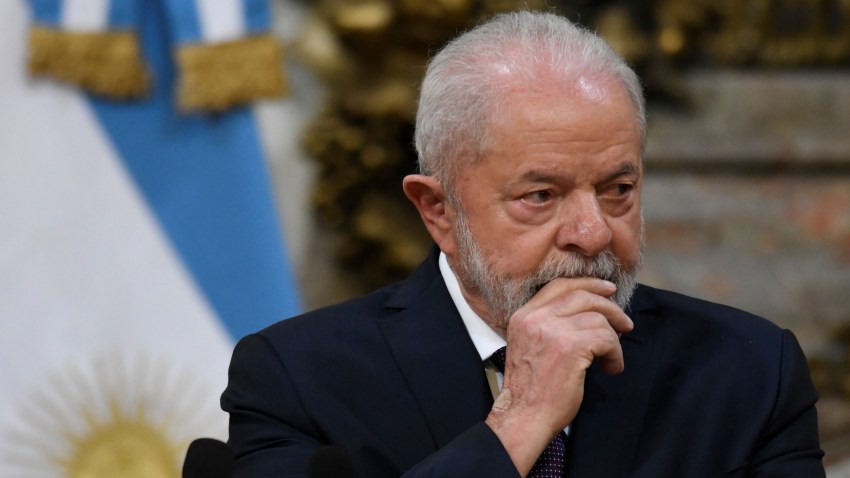“Brazil is back, seeking dialogue with everyone and driven by the quest for a world without hunger and with peace,” Luiz Inacio Lula da Silva said in December, shortly before being sworn in for a third term as the country’s president on Jan. 1.
Lula’s words and the context in which they were uttered—after a phone call with Russian President Vladimir Putin—neatly summarize his vision for Brazil’s foreign policy: stay out of global conflicts, maintain good relations with all strategic partners and use international platforms to promote an agenda of peace and social equality. To this can be added the need to recover Brazil’s role as a central actor on environmental issues.
Traditionally, foreign policy in Brazil has been considered a strategic instrument to pursue national development objectives, according to Mojana Vargas, professor of international relations at the Federal University of Paraiba. During Lula’s first two terms in office, between 2003 and 2010, this meant asserting Brazil’s international relevance by being active in multilateral institutions such as the United Nations and pursuing South-South cooperation, while also maintaining autonomy from geopolitical heavyweights like the United States and China.

